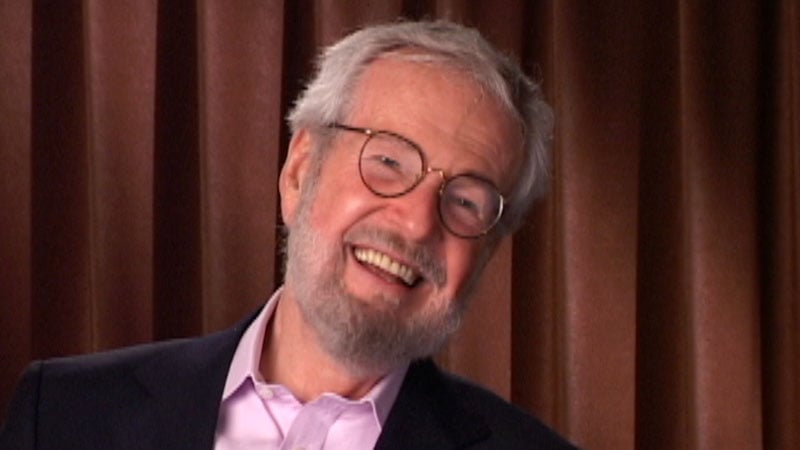Before venturing in filmmaking, Robert Benton worked as an editor for Esquire Magazine in the 1960’s. He and fellow editor David Newman collaborated on a screenplay based on Benton’s father’s Depression stories about Texas outlaws, which was eventually made into the film Bonnie and Clyde, earning them an Oscar nomination.
Benton transitioned to the role of Writer-Director in 1972 with Bad Company, then further honed his directing skills working for Robert Altman on The Late Show (1977) which he also wrote. His third film became his largest critical and box office success, Kramer Vs. Kramer, which was nominated for nine Academy Awards, winning Benton Best Director and Best Adapted Screenplay, as well as Best Picture, Best Actor (Dustin Hoffman) and Best Supporting Actress (Meryl Streep). In the 1980’s and ‘90’s, Benton directed such films as Still of the Night (1982), Places in the Heart (1984), Billy Bathgate (1991), and Nobody’s Fool (1994). Benton continued directing into his fourth decade in the film business, making The Human Stain (2003), and most recently Feast of Love (2007).
Benton won the Academy Award for Best Director and the DGA’s Outstanding Directorial Achievement in Motions Pictures for Kramer vs. Kramer in 1979. He also won Oscars for writing Places in the Heart and Kramer vs. Kramer and was nominated for Oscars four other times. He was also nominated for the DGA Award again in 1984 for Places in the Heart.
Robert Benton served on the DGA’s Eastern Directors Council for from 1972-1974 and for three more terms from 2007-2013.
Benton passed away in May 2025.



